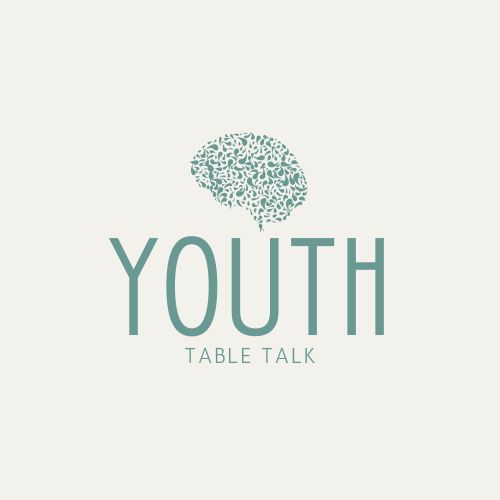Orthorexia is an eating disorder getting a lot of attention lately. Orthorexia Nervosa is a disorder categorized as an unhealthy obsession with eating pure and healthy organic foods. A person with orthorexia Nervosa is truly obsessed with “healthy eating.”
An unbalanced diet is considered incredibly worst for Orthorexia patients. Although you should maintain a healthy lifestyle. But people with Orthorexia often become so consumed with eating healthy that they begin to sacrifice their physical and mental well-being, as well as their daily
lives.
HOW CAN YOU TELL WHEN YOU ARE GOING TOO FAR WITH YOUR NUTRITION HABITS? Check out these five signs to know if your healthy lifestyle has turned into Orthorexia.
Orthorexia-five signs to look out for
Obsessive eating restrictions and diet standards are key warning signs of Orthorexia. If you struggle with disordered eating behavior, you may experience some of the following symptoms.
5- Orthorexia Nervosa Individuals may position themselves on a pedestal regarding food.”
Orthorexia typically develops more gradually than other eating disorders since initially, you intend to eat a healthy diet. The term “clean eating” or eating healthy becomes obsessional, though you find yourself in unhealthy waters. A person can become obsessed with their food, ingredients, or health trends due to its quality or the current health trend.
When you are obsessed with something it starts to become the center of your world which impacts personal life.
4- Dietary restrictions can cause Malnutrition in Orthorexia
Symptoms are very like those of anorexia nervosa eating disorders. Dietary restrictions and avoiding variety lead to Malnutrition.
Although Orthorexia has not been listed as an official eating disorder in the DSM-5, it can still have severe physical and mental consequences, just like any other eating disorder. Intuitive desires to eat better and improve one’s health can cause serious health problems Thus, eating
healthy becomes more important than the consequences of it.
Fear of Food
Many individuals believe that certain foods will harm them or lead to illness, leading to the initial desire to adopt healthy eating practices. With time, orthorexia Nervosa symptoms develop into an all-encompassing fear of food. With worsening symptoms, orthorexics cut out more and more food types in their diet
3- An orthorexic person tends to become anxious and worried irrationally
In an orthorexia patient, eating becomes a source of control. Nevertheless, this leads to an imbalance and a vicious cycle, where you suffer mood swings, sometimes switching between guilt and self-loathing to the feeling of euphoria. As you become increasingly anxious and depressed, you become obsessed with gaining euphoric feelings. Indeed, orthorexic eliminates more and more food categories from their diet (for instance, all sugar, all carbs, all dietary fat, all processed foods).
Orthorexia sufferers tend to suffer from anxiety, distress, guilt, or depression when they deviate
from their rigid eating patterns.
2- They bring personal food to events that they plan to attend
An orthorexic person may be unable to eat food that they did not prepare. Because of their
remarkably rigid diets, they may not eat at all if not given healthy food options. Consequently,
they might also feel the need to prepare and bring their food for events.
1- Evaluating others’ diets critically who do not follow a strict diet.
Your obsession with eating healthy might make it harder for you to accept the lifestyles of others. An orthorexic may view family and friends through the prism of their eating habits and lifestyle. Moreover, Judgments make way for people to secretly feel “better than” others and provide an excuse to isolate themselves from you. Hence you may even restrict your social
situations, so you do not need to be around contaminated food or people who don’t follow your rules
With increasing health concerns, people become preoccupied with selecting and calculating what to eat.
It takes a great deal of energy, focus, and time to accomplish this level of devotion. As a result, a person spends less and less time with others. Additionally, to getting healthy foods, you can’t visit restaurants or friends.
Final thoughts:
Orthorexia Nervosa can have significant health consequences and even death. You should not take the symptoms listed above lightly, and we encourage you to seek help if you are experiencing them. Numerous consultation centers are available to help with treatment. Give room to all kinds of food with proper planning and a healthy approach! Stay Healthy, Stay Safe.
Do you want solutions for your social and psychological problems?
Then Subscribe to our newsletter

